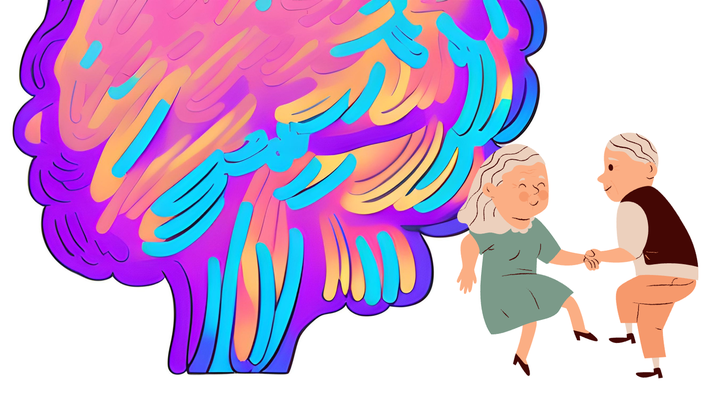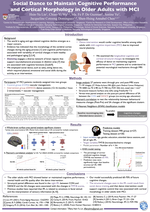Improving Cognition through Dance in Older Filipinos with MCI
 Getty
Getty
The project aims to provide scientific evidence on a public health intervention that is contextualized in a community setting to reduce dementia risk among older adults with MCI. This is a cluster-randomized, two-arm, single-blind trial of a multicomponent intervention that combines dance called INDAK (Improving Neurocognition through Dance and Kinesthetics), nutrition counseling, and vascular risk management. The intervention group received 12-16 months of dance sessions and vascular management while the control group (CON) received only the vascular management. The primary outcome is cognitive performance assessed by several behavioral tasks. Secondary outcomes are functional connectivity assessed through brain imaging, and measures of behavioral, functional level, and quality of life. This model can be an ecological, low-cost, and effective program, thereby conducive to widespread implementation in the Philippines as well as in other low-resource settings with similar public health challenges. This project is a collaboration with St. Luke’s Medical Center, Institute for Neurosciences, Quezon City, Philippines.
Ongoing Project:
